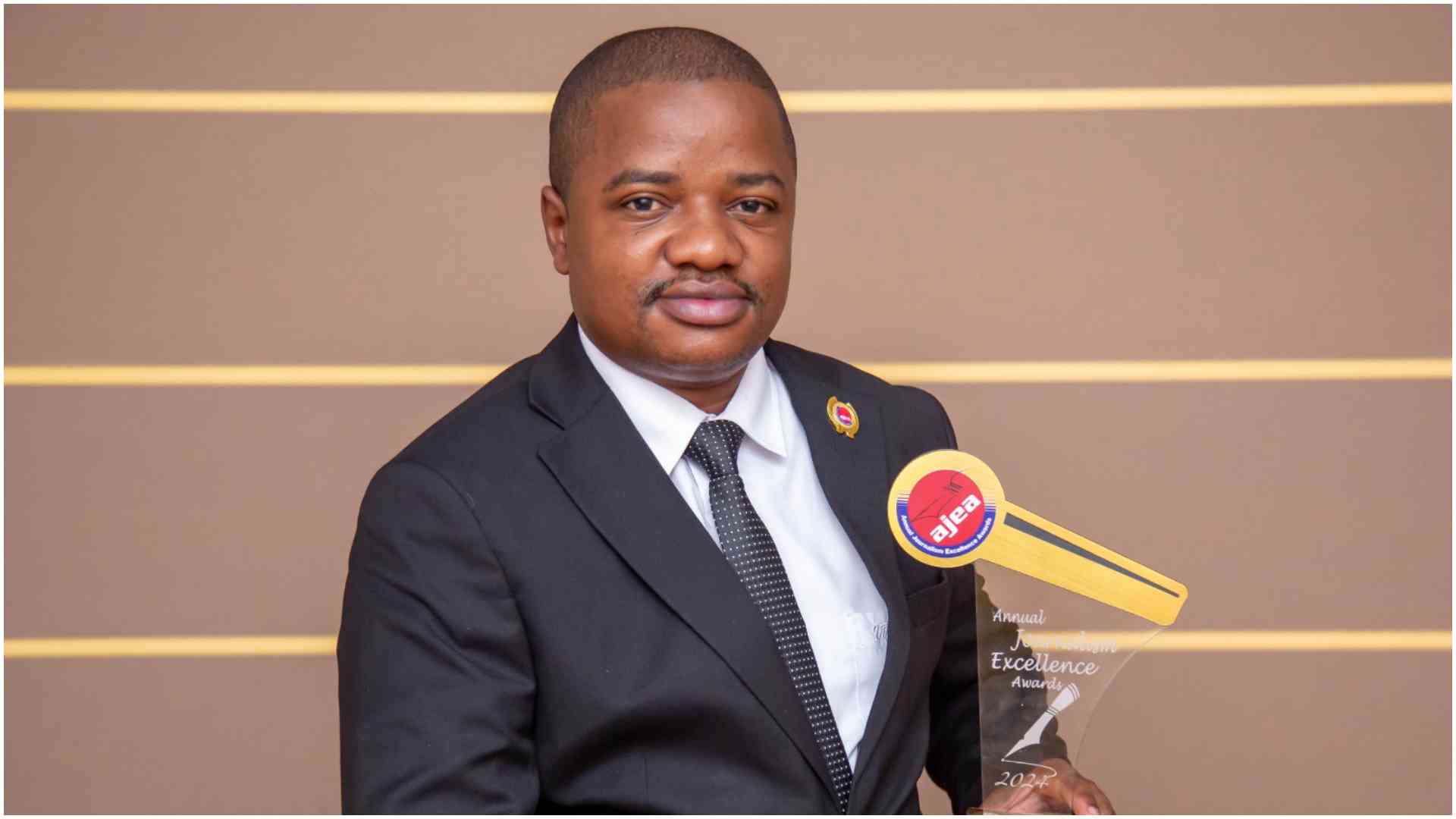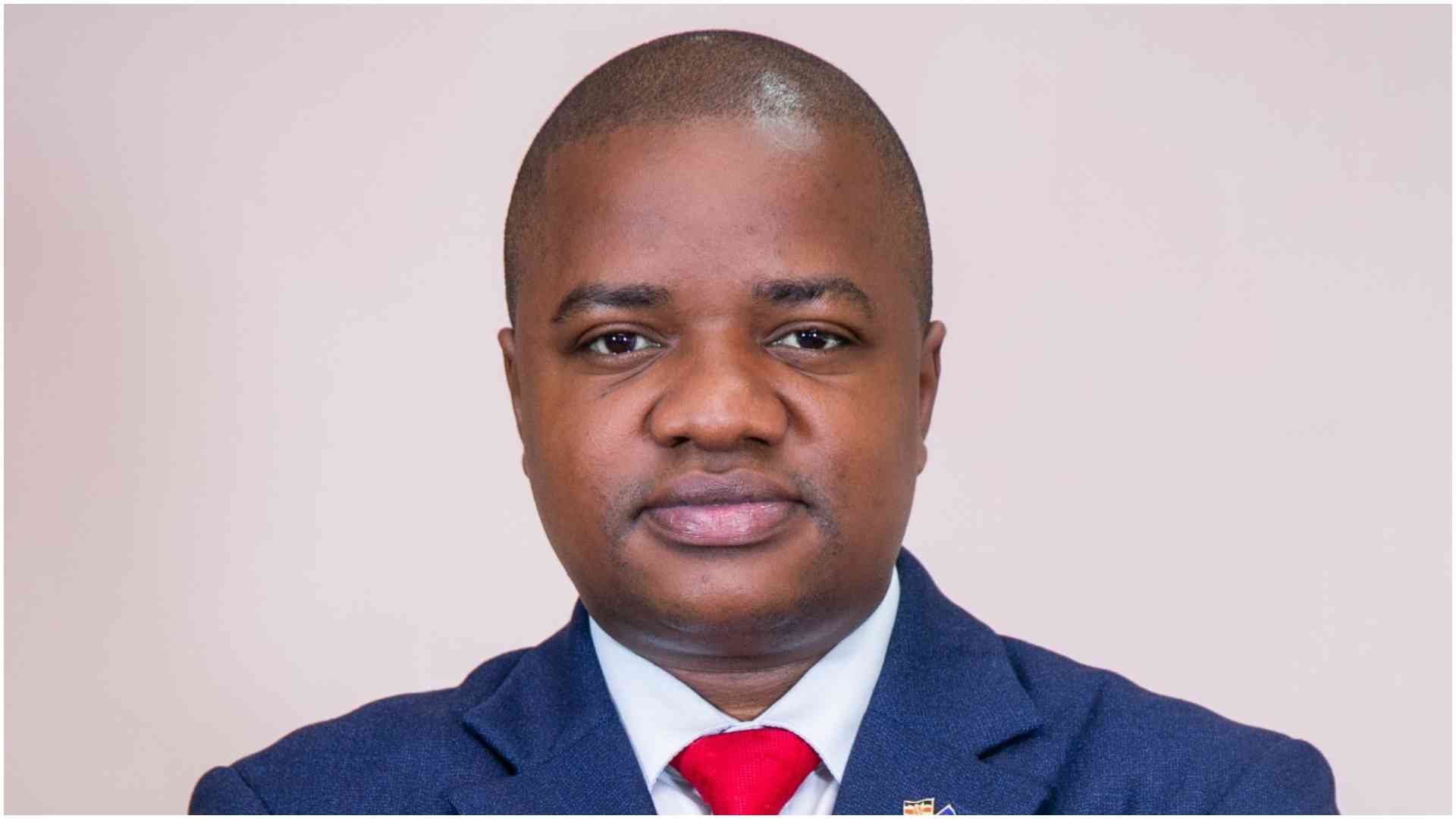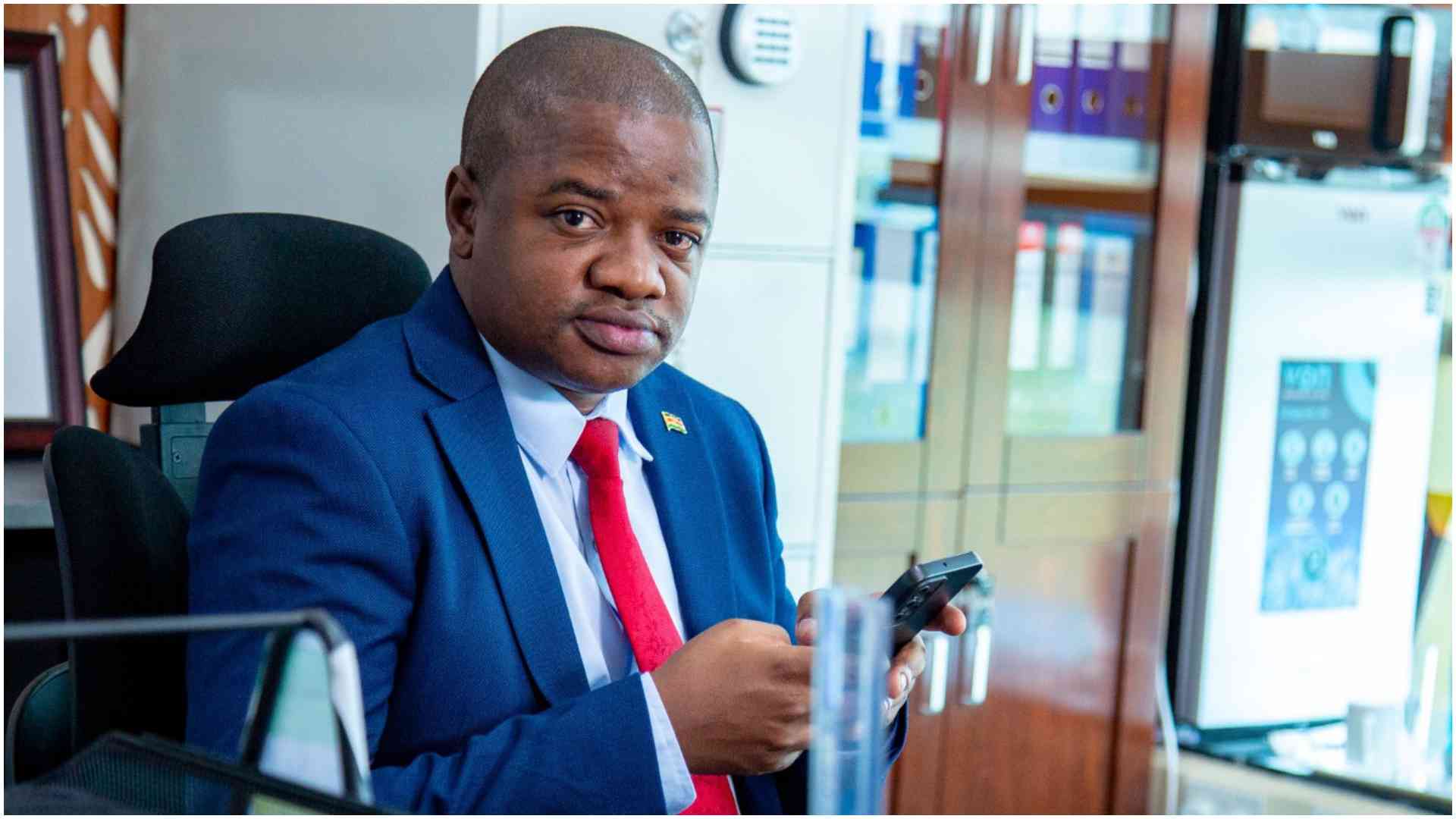Who is Elijah? Give us a small insight.
I am Elijah Mwangi, the Founder and Team Leader of Anchor Bay, an award-winning public Relations and communications consulting firm in Kenya. I am a storyteller at heart, and I believe that great brands are built on great stories—a mantra my team and I live by every day. As a journalist, I have spent 12 years in the industry, filing stories from more than 20 countries. I am grateful for the opportunities I’ve had to make the most of time and chance along the way. Beyond work, I am a social person who embraces life fully, believing that every human life is a Story authored by God. My philosophy is simple: if there is something you want to do, do it today—because tomorrow is never guaranteed.
Where and what did you study at the university?
I pursued a Bachelor’s degree in Communication and Public Relations at the University of Kabianga in Kericho, and I am currently finalizing my Master’s degree in Communication and Media Studies at Kenyatta University. I often say that the University of Kabianga introduced me to myself, and for that I am forever grateful. Special appreciation goes to Prof. Eric Koech (now the Vice Chancellor) and Mike Koros, who at the time worked in admissions and offered me Invaluable support. Interestingly, the placement board had initially offered me a Bachelor of Science (General), but I chose to follow my passion for communication—a decision I have never regretted.
Your favourite and worst unit?
I’ve never really been a numbers person, so Quantitative Skills was quite a challenge for me. I still remember walking into my first Basic Calculus class—only to realize there was nothing “basic” about it. When I looked at the course outline and saw Calculus I and II ahead, I knew I was definitely in the wrong class. On the other hand, I’ve always loved the arts, and that’s where I truly thrived. Communication classes—whether public speaking, history of communication, or law—felt like home. That was the space where I belonged.
Best and worst lectures?
I have always loved debate and public speaking, and fortunately, the communications course offered plenty of opportunities for that. I truly enjoyed those classes. Writing is another passion of mine, so editorial classes were both insightful and practical—I found them easy to connect with. Common courses, however, were a different story. I often struggled to attend because the classes lacked one-on-one interaction with lecturers. Imagine being one of nearly 300 students in a single class—it was overwhelming, and honestly, quite boring.

Are you currently doing what you studied in uni?
Oh yes—over the past 12 years, I’ve been actively practicing what I studied in campus, and I believe that has given me a strong competitive edge in the industry. Before venturing into private practice, I worked in mainstream media as a multimedia journalist, which made the transition into consultancy both natural and seamless.
How was campus life in general?
Campus life for me was an incredible experience. I served in the Students Governing Council as Editor-in-Chief, a role that came with certain privileges but also carried significant responsibility. One of my lowest moments was witnessing some of my fellow comrades expelled after a strike. However, I am grateful that we put up a strong case for them, and some were reinstated a year later. I think it’s also important to highlight that am also the Chairman of University of Kabianga Alumni Association! My highest moment came when I was selected to represent Kenya at the Pan African Universities Debate Championship in South Africa. This opportunity followed my presentation of the “Never Again” documentary—Building on the Painful Lessons of Post-Election Violence—during the Commission for University Education exhibitions in 2012. The documentary earned me strong recommendations from the Ministry of Justice and Constitutional Affairs, the Truth, Justice and Reconciliation Commission (TJRC), and the Kenya Private Sector Alliance’s Mkenya Daima campaign. To be honest, the documentary itself was not perfect, but its message was powerful and timely. I believe people saw great potential in me, and those endorsements became a major breakthrough during my campus years.
How did you make money while on campus?
Funny enough, not many people know this—but at some point, I was a “tea farmer.” Yes, you heard that right. Maybe the Kabianga area chief would narrate it better, but truth is, I once leased a tea plantation around Kabianga. Well, Kericho is a tea zone, so I guess I was just blending in with the locals. Beyond my short stint in tea, I had a docket to run in the Students Governing Council, and apart from the allowances, we also raised money through the sale of campus magazines. Around the same time, I was into media production while still in campus. My attachment at one of Kenya’s leading media houses gave me practical experience, which the university quickly tapped into. They regularly engaged me for media coverage during major university functions—and yes, there was a budget for that. Not only was this fulfilling, but it also gave me a strong platform to sharpen my media skills and laid the foundation for my future career.
How was dating life on campus?
This was a really interesting chapter for me. Picture this—I was an influential student leader, had represented Kenya in South Africa, and during my attachment I was presenting news on a leading national TV station. Naturally, that kind of spotlight came with a lot of attention from comrades. And yes, like any other comrade, I did date while on campus (don’t ask for details though). Let’s just say it’s a chapter I’d rather forget, mostly because it didn’t work out in the long run. Maybe I was too busy juggling everything else—leadership, debates, and chasing deadlines on TV—that romance never quite got the airtime it deserved.

Thoughts on campus relationships?
Well, let me start by saying I can’t exactly claim to be an authority on this subject. But here’s my take—if you can strike the right balance, then campus relationships are worth a shot. I mean, I’ve seen a few that actually stood the test of time… though, let’s be honest, for most, the “test of time” usually means surviving exam week together!
Where did you hang out on weekends?
Weekends for me were all about socializing. I also enjoy playing pool—and if you ask me, I’m pretty good at it (though some of my comrades might disagree). If I wasn’t at the student centre, you’d probably find me dancing the night away in Kericho. And on the quieter weekends, I’d be tucked away in the hostels, working on my projects.
How did you spend your free time?
I should have mentioned this—I’ve always been a fan of Bible studies, something I’ve carried with me over the years. Back in campus, I would spend my free time attending Bible study sessions and actively engaging in them.
Classmates you’ll never forget?
Liatema Munyu, Norah Chepkoech, and Cynthia Chelangat—these comrades truly made my campus days unforgettable. I’m grateful that we’ve remained in touch, and it’s inspiring to see each of them pursuing clear and successful career paths.
How did you get into Media?
Remember that big break in 2012? The documentary and the recommendations that followed opened the doors for me at the Citizen TV newsroom. Being a naturally social person, I was able to build strong networks and great friendships. I became especially close with Johnson Mwakazi and Alex Chamwada, who both encouraged me a lot along the way. After my time at Citizen TV, I joined Fountain Media’s WTV where I worked alongside Mwakazi, and later moved to Chams Media to work with Chamwada. If I ever reach greater heights, it will be because I stood on the shoulders of these remarkable mentors.
What challenges have you encountered in the media space as a consultant, storyteller and corporate host?
Managing client expectations is never easy. Over time, I’ve come to appreciate that in consultancy, you will encounter both good clients and difficult ones—and you must diligently serve them all. I’ve also learned that while investing in equipment is important, the greatest resource any company can ever have is its people. Having a team that is well-aligned and shares the same vision makes all the difference. In End-to-End events management, clients often expect execution with military precision. Yet the reality is that events have so many moving parts—it’s always a tricky balance. Still, I’m glad that my team and I have consistently delivered excellence not only in events management, but also in production and storytelling. Some of the high-profile events we’ve successfully managed include the National TVET Conference, the Kenya-Germany Labour Migration Conference and Exhibition, the East Africa Regional Green Hydrogen Symposium, and the Kenya Water and Sanitation International Conference and Exhibition.
What have you learnt tips in the media sector you would like to share?
The media world is very small, so never bang the door on your way out. They say doctors bury their mistakes, but in media, you broadcast yours. That’s why it’s important to leave a mark of excellence in every project you undertake—you never know who is watching, listening, or reading your work.
What are some of the mistakes young scribes do and what would you tell them?
Young scribes need to learn the value of research. You may be fast, ambitious, and futuristic, but it’s important to appreciate that there were significant developments before you came along. As Maya Angelou once said, “You can’t really know where you are going until you know where you’ve been.” Understanding past events and human behaviour gives you the context needed to predict future trends and make informed decisions. Again, when an opportunity comes through, go for it. I have a good friend who keeps on reminding me; “Pema Usijapo Pema Ukipema si Pema Tena!”
Seeing that you’ve touched different area in media how does your future look like for you what next?
Forever grateful to everyone who mentions our name in a room of opportunities. You are the reason for the season. Eyes on the prize, my work is clearly cut out, to ensure that our clients get their return on investment. Off course there are expansion plans but all calculated, remember in Nigeria they say “A cow that is in a hurry to go to America comes back as canned beef”
Any final words for the young people those keen in doing Media?
To those pursuing journalism and media studies—you’re on the right track. Follow your passion. The phrase “the world is a global village” may sound like a cliché, but it’s the reality we live in.With the rise of digital and social media, the opportunities before you are limitless. That said, in the craze of content creation, you must pause and ask yourself: What is my Competitive edge? What is my end goal? Never lose sight of that, because it will define your Journey and set you apart.


